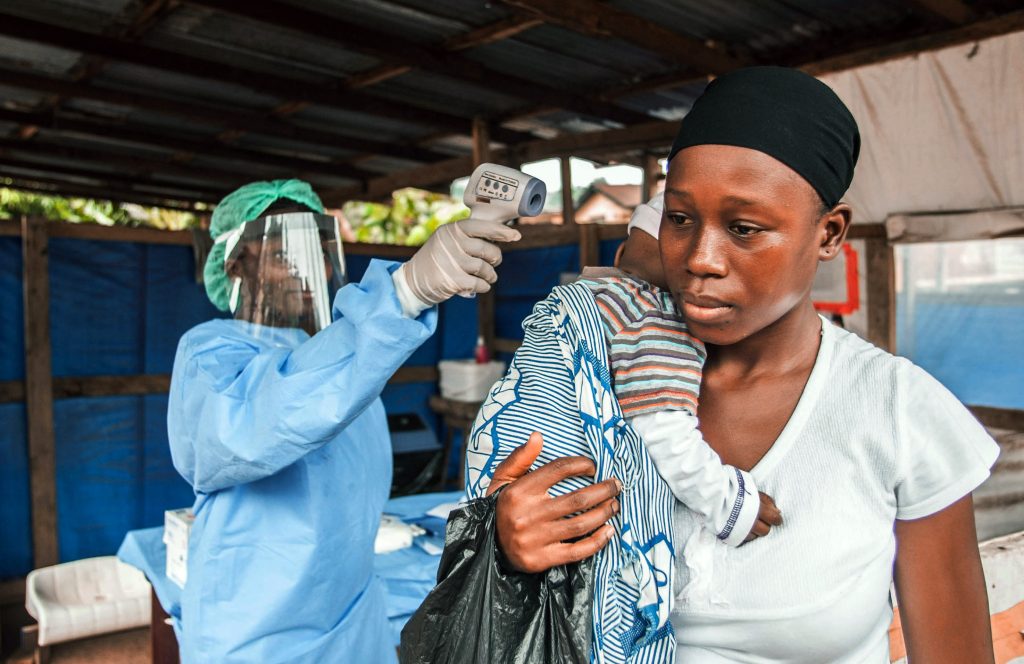Health officials face challenge in containing the outbreak.
Others are reading now
Uganda is grappling with a growing Ebola outbreak, as cases have risen to 14 following the emergence of a new infection cluster, Africa’s top public health agency reported on Thursday.
The latest cluster was traced to a 4-year-old child who recently died from the disease, according to Dr. Ngashi Ngongo of the Africa Centers for Disease Control and Prevention (Africa CDC).
Three of the five most recent cases have been confirmed as Ebola, while the remaining two are considered probable cases.
This development was reported by Euronews.
Also read
Ebola Spreads to the Capital
The Africa CDC noted that the new cluster has no direct epidemiological link to a previous group of cases that accounted for nine infections, including the first recorded death of this outbreak.
Ebola is now present in five of Uganda’s 146 districts, including the capital, Kampala, where authorities officially declared the outbreak on January 30.
So far, two Ebola deaths have been confirmed.
However, local health officials have not been providing regular updates, raising concerns about transparency. Reports indicate that at least three hospitals in Kampala have handled confirmed or suspected Ebola cases without later informing the public.
Despite the concerns, Dr. Charles Olaro, Uganda’s Director of Health Services, told the Associated Press (AP) that he believes the situation is under control and that officials are not required to give updates on every case.
How to Contain Ebola’s Spread
Ebola is a highly infectious and deadly disease transmitted through contact with bodily fluids of an infected person or contaminated materials.
Symptoms include fever, vomiting and diarrhea, muscle pain, as well as internal and external bleeding in severe cases.
This outbreak involves the Sudan strain of Ebola, for which no approved vaccine currently exists. Health experts emphasize that contact tracing and strict isolation measures are critical to stopping further spread.
Ugandan officials are still investigating the source of the outbreak, but scientists suspect that the first patient—a male nurse who died before the outbreak was declared—contracted the virus through contact with an infected animal or consuming raw meat.
Uganda’s History with Ebola
Uganda has experienced multiple Ebola outbreaks, including a major outbreak in 2000 that killed hundreds. The country’s most recent outbreak, which began in September 2022, killed at least 55 people before being declared over in January 2023.
Health experts describe the current outbreak as “amorphous”, meaning cases are appearing sporadically and require intensive surveillance to trace and isolate new infections.
Uganda’s Ebola outbreak is part of a wider trend of viral hemorrhagic fever outbreaks in East Africa.
-
Tanzania declared an outbreak of the Ebola-like Marburg virus in January 2024.
-
Rwanda announced the end of its Marburg outbreak in December 2023.
The deadliest Ebola outbreak on record occurred in West Africa from 2014-2016, killing more than 11,000 people.
The disease, first discovered in 1976 in what is now the Democratic Republic of Congo, remains a serious public health threat whenever outbreaks occur.


